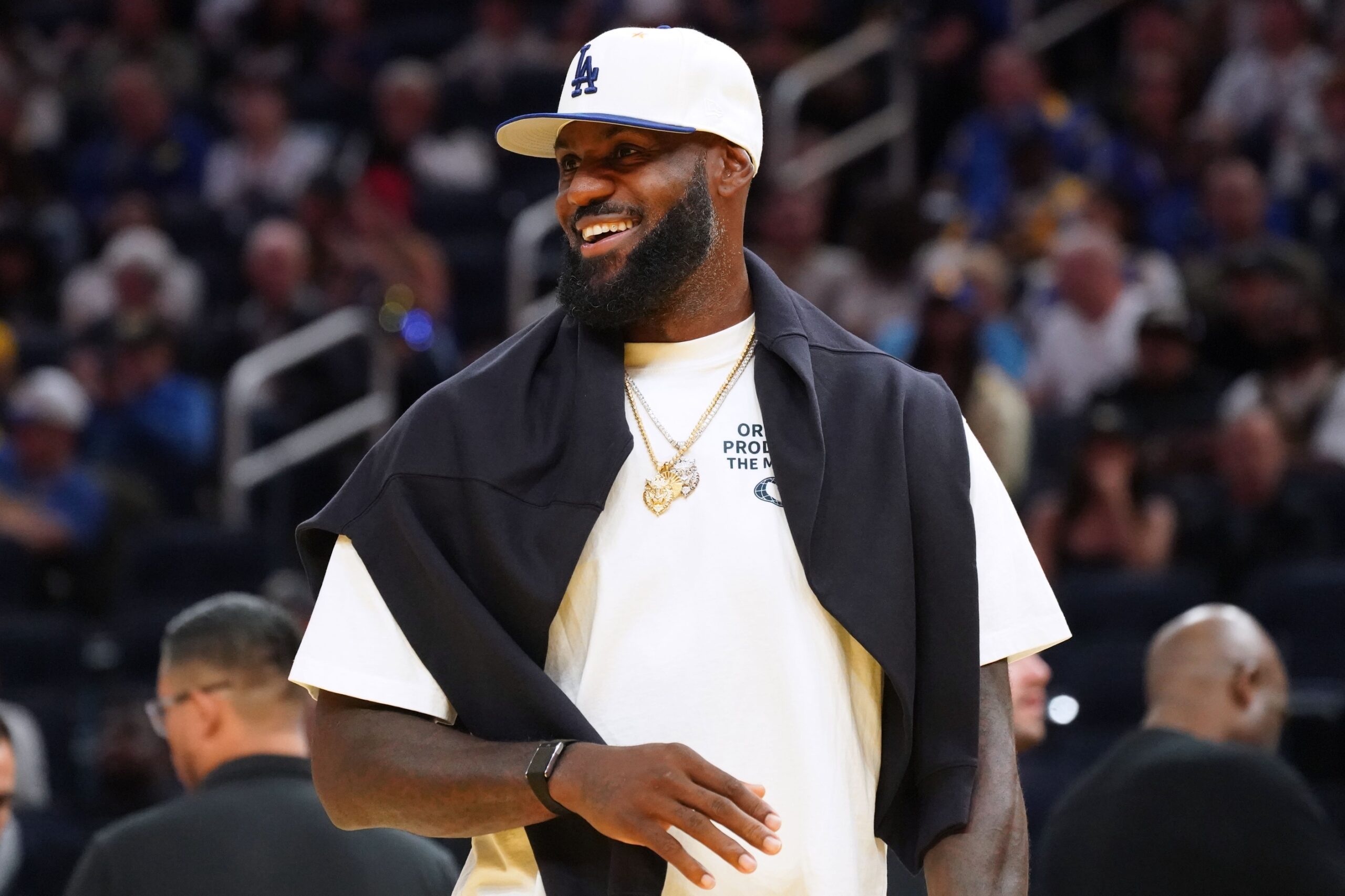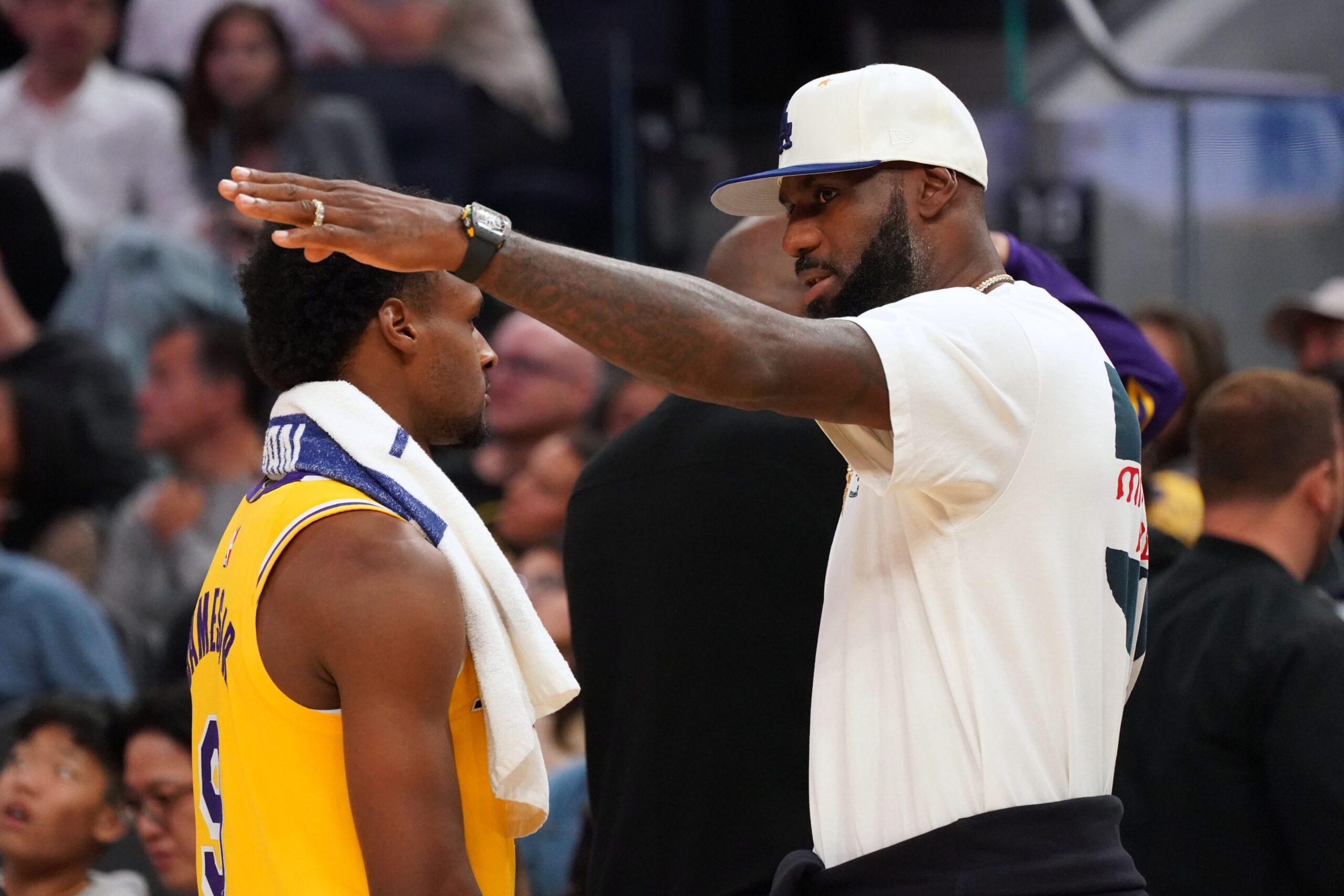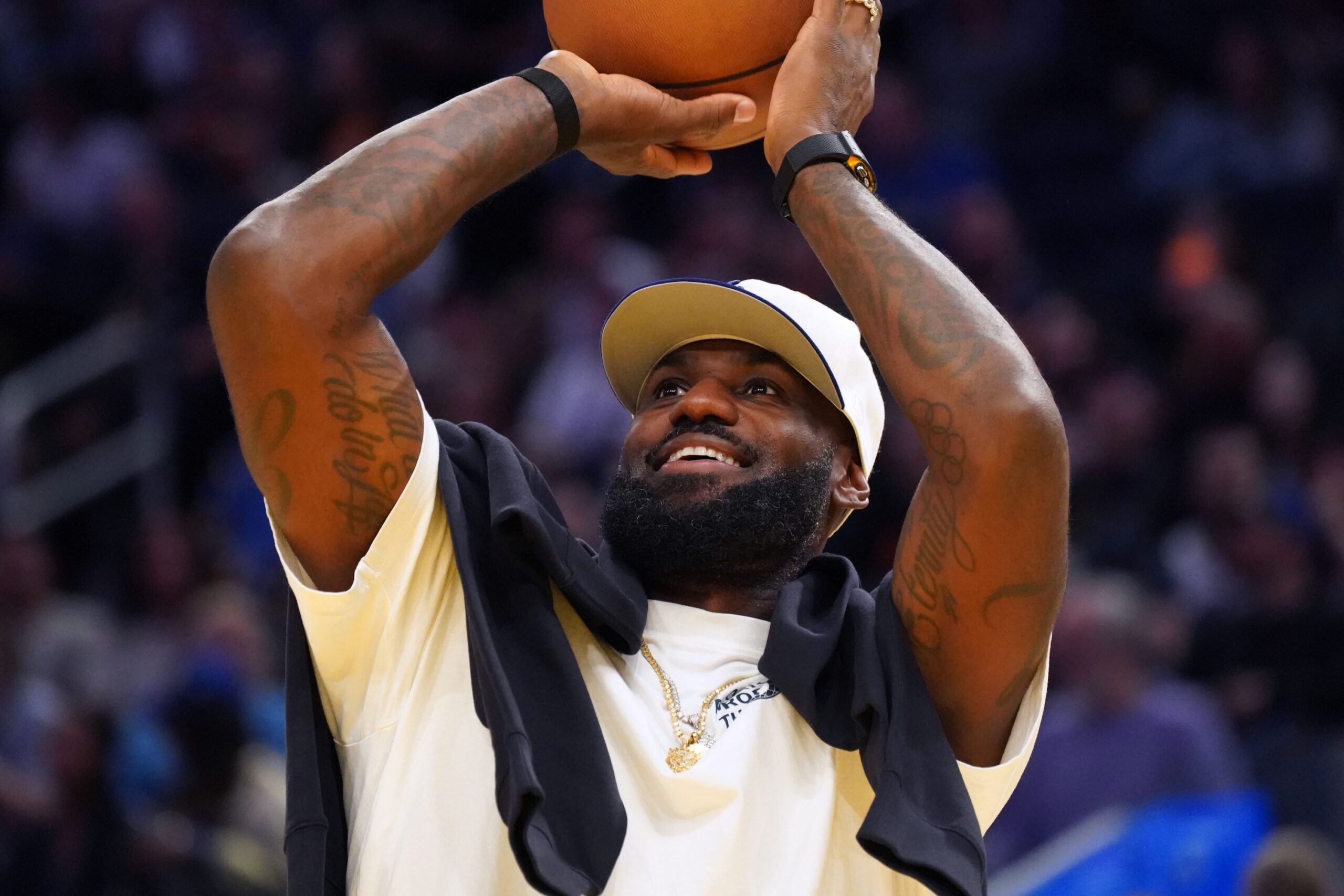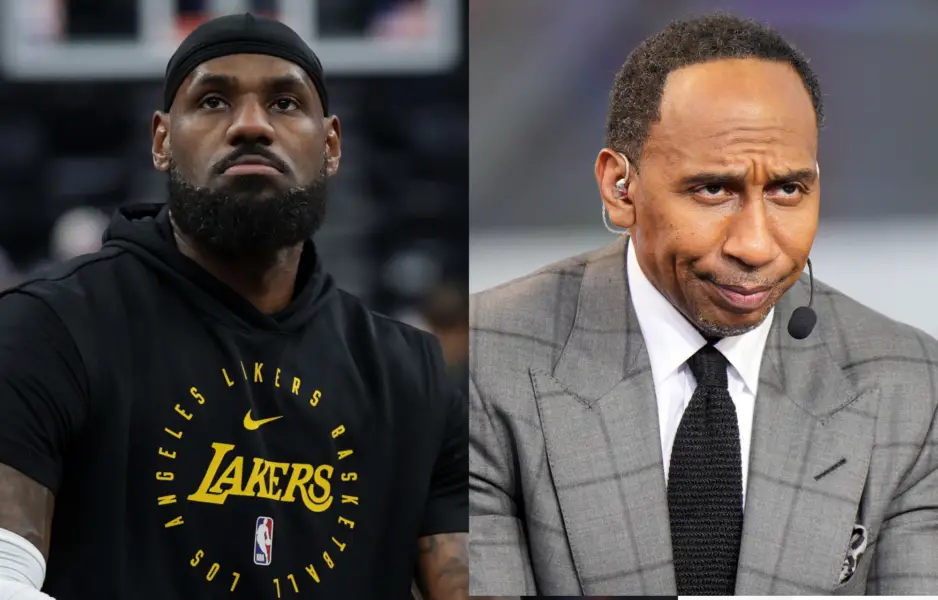The drama between LeBron James, Stephen A. Smith and Jason Whitlock reached next-level territory this week — and yes, even NBA fans are scratching their heads. Jason Whitlock, the veteran pundit known for culture-war takes, launched a full-blown conspiracy theory aimed at LeBron James after Smith dropped some criticism.

Whitlock quipped:
“He’s run away,” said Jason Whitlock. “And they’ve sent Stephen A. Smith out. Go chase him down and bring him back. And I don’t care what you do to him when you bring him back. We got a runaway slave that wants to be a disruptor to the NBA, left-wing, uh globalist controlled NBA. He’s run away and he wants to create a disruptor with people in Saudi Arabia. He’s lost his mind. Stephen A, go get him.”
https://www.youtube.com/watch?v=chu4pGdBcNs
For LeBron James watchers, the moment is wild. On one side, you’ve got Stephen A. Smith publicly analyzing LeBron’s recent moves and brand pivot; on the other side, Whitlock recasting it as part of some “globalist” plan. LeBron James, the man whose name this whole thing leans on, was apparently the target of Whitlock’s warning to Smith.
NBA fans took to social media. Some were amazed, some were amused. Many pointed out that LeBron James has always been polarizing — star on the court, business juggernaut off it — and now he’s caught up in another splashy story. Others said Whitlock’s language was intentionally provocative, leaning into racial and institutional themes.
What’s clear: LeBron James has once again become the focal point for more than just dunks and rings. The debate has spiraled into identity, media power and culture war—far beyond the hardwood.
Whitlock Says LeBron James & Company Refuse To Be Passengers , And That’s Where the Problem Starts
In the wake of that explosive Whitlock quote, the conversation around LeBron James took a slightly different turn — straight into power dynamics and agency. Jason Whitlock added:

“They don’t just want to be a passenger. They just don’t want the right to sit up front in the bus. They want to put their hands on the steering wheel and direct where the bus goes.”
For LeBron James, this theory fits into the larger narrative of star-athletes turning into moguls, league influencers, and brand-builders. Whitlock argues the issue isn’t just about participating—it’s controlling. And he explicitly compared the situation to “Bill Cosby,” though whether he meant the metaphor or moral allegory is unclear.
LeBron James fans and critics alike chimed in. One side says: welcome to modern athletes owning their platforms and payoffs. The other says: maybe there’s something deeper at play when LeBron James appears to tilt the league’s direction instead of staying a player. The use of “passenger” vs “driver” framing struck a chord.

While the comment section exploded, the central figure—LeBron James—remained mostly silent. He keeps moving, branding, playing, accumulating. But Whitlock’s framing puts him in a broader cultural lens. For many fans, this wasn’t just about basketball anymore—it became about who controls the narrative when LeBron James is involved.
And yep, LeBron James is still every bit as much a topic in sports-culture circles as ever.
For more basketball content, click on Hardwood Heroics. Sabel Reyes can be reached through sabelreyes22@gmail.com. Other websites under the Sports Heroics umbrella are Gridiron Heroics and Wisconsin Heroics.
Sabel has been working as a field reporter for People’s Television Network (PTV), mainly about the Philippine Basketball Association since 2016 and has been elevated to Executive Producer for sports in 2022. Aside from being on top of the Philippine sports scene, she is also a running enthusiast. You can also follow her on X at @SabelReyes2 and Instagram at @msabelreyes.

